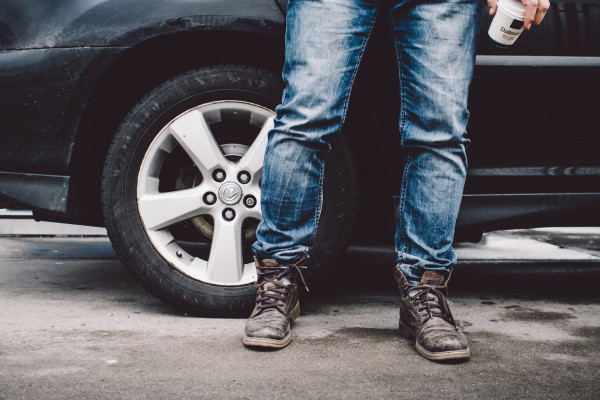Catalytic Clothing - The jeans that remove air pollutants.
Interviews about Medicine
Interviews about medicine, physiology, pathology, bacteria and viruses, pharmacology, food, hormones, neuroscience and psychology...
Featured
How deep can you go? Professional free divers can descend hundreds of feet underwater with no scuba gear, but what...
David Thomas is a marine biologist from the University of Wales, Bangor. His work takes him all over the world and he...
Fighter pilots need to undergo extreme conditions and still be able to make life or death decisions. How do they train...
Richard Turner volunteered to have his body tested to extremes of endurance at Everest base camp, all in the name of...
It's all well and good being excited about new fuels, but are the arguments for using them really sound? Can we...
For kitchen science, we sent Azi to find out how to make biodiesel from vegetable oil, and to prove that it really...
Here’s a puzzle that science has yet to solve; it’s something we all do, it’s contagious and even animals are affected...
This week, Bob and Chelsea talk us through blood based bandages and the benefits of cut-sucking.
Olaf Blanke tells Chris Smith about how a certain region of the brain can be tricked into making you believe there...
Bipolar disorder, also known as Manic Depression, is one of the most common neuropsychiatric disorders. We spoke to...
This week, Chelsea looks at making music from babies' cries, and Bob explores how babies can spot different...
We spoke to Chemistry World's Richard Van Noorden about how chemistry can help us quit smoking and hide the signs...
Michael Watts on how to search for arsenic in contaminated land, and the impact on people's health
We spoke to Dr Trevor Emmett, lecturer in Forensic Science at Anglia Ruskin University about what forensics is, an dhow...
Serena Marks tells us how you might not lose the goodness of apples when making cider, and in fact that cider might be...
This week Bob and Chelsea discuss how lifestyle affects obisity.
Prof. Nicky Clayton on her studies with corvids - a group of birds who plan, scheme, steal and even make tools.
